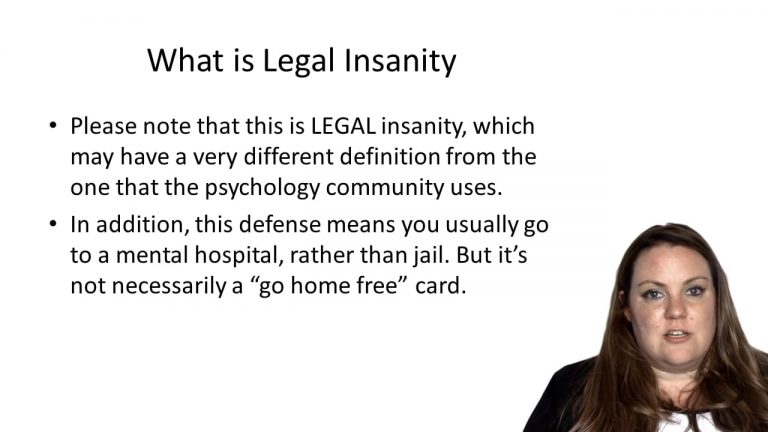SmartBrief
Confirm favorite deletion?
Criminal Law Keyed to Kennedy
Colorado v. Robert Pasqual Serravo
Citation:
823 P.2d 128 (1992)Facts
On the evening of May 9, 1987, the defendant, who was a King Soopers union employee, visited striking employees at the King Soopers store near his home. He returned home at approximately 12:30 a.m. on May 10. After sitting in the kitchen and reading the Bible, he went upstairs to the bedroom where his wife was sleeping, stood over her for a few minutes, and then stabbed her in the back just below the shoulder blade. When his wife awoke, the defendant told her that she had been stabbed by an intruder and that she should stay in bed while he went downstairs to call for medical help. Later, his wife found letters in which the defendant admitted that he was the one who stabbed her.
At trial, a doctor testified that the defendant gave the doctor a history of having worked on a plan, inspired by his relationship to God, to establish a multi-million dollar sports complex called Purely Professionals. This facility, according to the defendant, would enable him to achieve his goal of teaching people the path to perfection. On the night of the stabbing, defendant was excited because he finally believed that he had received some positive encouragement in his endeavor from some King Soopers union members, but he was discouraged by some inner “evil spirits” who kept raising troublesome questions about how he would deal with his wife’s lack of encouragement and support. Another doctor testified that the defendant was under the psychotic delusion that it was his divine mission to kill his wife and that he was morally justified in stabbing her because God had told him to do so.
At the conclusion of the evidence, the trial court instructed the jury, in accordance with the statutory definition of insanity, that a person “is not accountable who is so diseased or defective in mind at the time of the commission of the act as to be incapable of distinguishing right from wrong, with respect to the act.” The jury returned a verdict of not guilty by reason of insanity.
Only StudyBuddy Pro offers the complete Case Brief Anatomy*
Access the most important case brief elements for optimal case understanding.
*Case Brief Anatomy includes: Brief Prologue, Complete Case Brief, Brief Epilogue
- The Brief Prologue provides necessary case brief introductory information and includes:
Topic:
Identifies the topic of law and where this case fits within your course outline.Parties:
Identifies the cast of characters involved in the case.Procedural Posture & History:
Shares the case history with how lower courts have ruled on the matter.Case Key Terms, Acts, Doctrines, etc.:
A case specific Legal Term Dictionary.Case Doctrines, Acts, Statutes, Amendments and Treatises:
Identifies and Defines Legal Authority used in this case.
- The Case Brief is the complete case summarized and authored in the traditional Law School I.R.A.C. format. The Pro case brief includes:
Brief Facts:
A Synopsis of the Facts of the case.Rule of Law:
Identifies the Legal Principle the Court used in deciding the case.Facts:
What are the factual circumstances that gave rise to the civil or criminal case? What is the relationship of the Parties that are involved in the case.Issue(s):
Lists the Questions of Law that are raised by the Facts of the case.Holding:
Shares the Court's answer to the legal questions raised in the issue.Concurring / Dissenting Opinions:
Includes valuable concurring or dissenting opinions and their key points.Reasoning and Analysis:
Identifies the chain of argument(s) which led the judges to rule as they did.
- The Brief Prologue closes the case brief with important forward-looking discussion and includes:
Policy:
Identifies the Policy if any that has been established by the case.Court Direction:
Shares where the Court went from here for this case.
Topic Resources
Topic Outline
Topic Refresher Course

 4m 59s
4m 59s